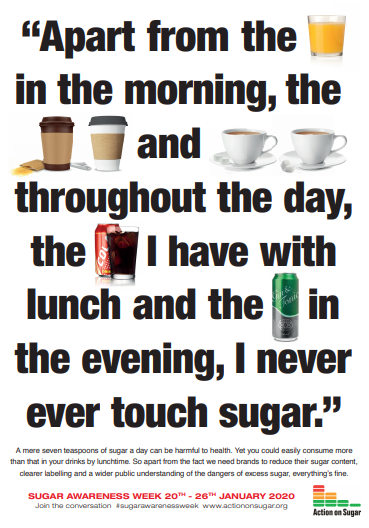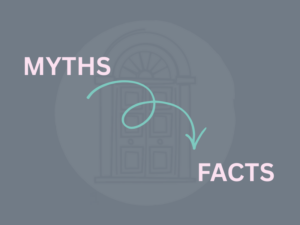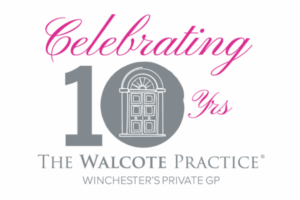Are you drinking too much sugar?

Yes, you read that right…its Sugar Awareness Week this week and the theme this year is ‘What’s in your drink?’. Many of us are aware of the sugar content in our food and the importance of lowering the amount of sugar we consume, but do you know how much sugar is in your favourite high street coffee for example. And do you think about the sugar in your drinks when you think about your daily sugar intake?
Its actually quite hard to be sure, as many drinks do not have nutritional information available and when they do, the levels of sugar and calories are often unnecessarily high.
Why should I cut down on sugar?
Excess sugar is linked to an increased risk of weight gain, tooth decay and type 2 diabetes. Type 2 diabetes is linked to heart disease and stroke, vision loss and blindness, and organ failure, so keeping your blood sugar low is very important.
The type of sugars we typically eat and drink too much of are those which are added to food and drinks and provide excess calories without any or with very little nutritional value – these are known as ‘free sugars’. Naturally occurring sugars, like those found in fruit and milk are not ‘free sugars’ and can be consumed in moderation.
“Sugary drinks are the biggest contributor of free sugars in the diets of children & adolescents”
What does this mean in practice?
- Eat fruit and vegetables whole, rather than processed into a smoothie, fruit juice or puree. This is because once a fruit or vegetable is processed, the sugars become free sugars.
- Milk and milk-based products contain natural sugars in the form of lactose but any sugars added for flavour, like flavoured yogurt or syrups in coffee, are free sugars and should be avoided
- Minimise your sugar intake by cutting back on jams, marmalades and conserves and be aware of added ‘free’ sugar in milk substitutes like rice and almond milk
“We currently consume 2-3 times more free sugars than is recommended for our health”
How much sugar is safe?
The daily maximum recommended intake of free sugars is less than 7 teaspoons for an adult and 5-6 for a child. The Reference Intakes, which adults should not exceed in a day, are a maximum total daily intake of 90g of sugar with maximum free sugars being 30g of this. It is far lower for children.
Be aware of the colour coding labels on foods and drinks – aim for those which are low in sugars, fat, saturates and salt (green) and avoid food & drink with amber and red labels.
Replace energy drinks, carbonated sugar sweetened drinks, smoothies and added sugar flavoured waters with water, sparkling water, skimmed milk and tea and coffee without sugar and your sugar intake will reduce considerably. For more healthy options and sugar swaps click on Action on Sugar.
If you are concerned about your blood sugar levels or would like help with any aspects of your health, you can book an appointment with our experienced GPs at The Walcote Practice. Call us now on 01962 828175 or email info@thewalcotepractice.co.uk



